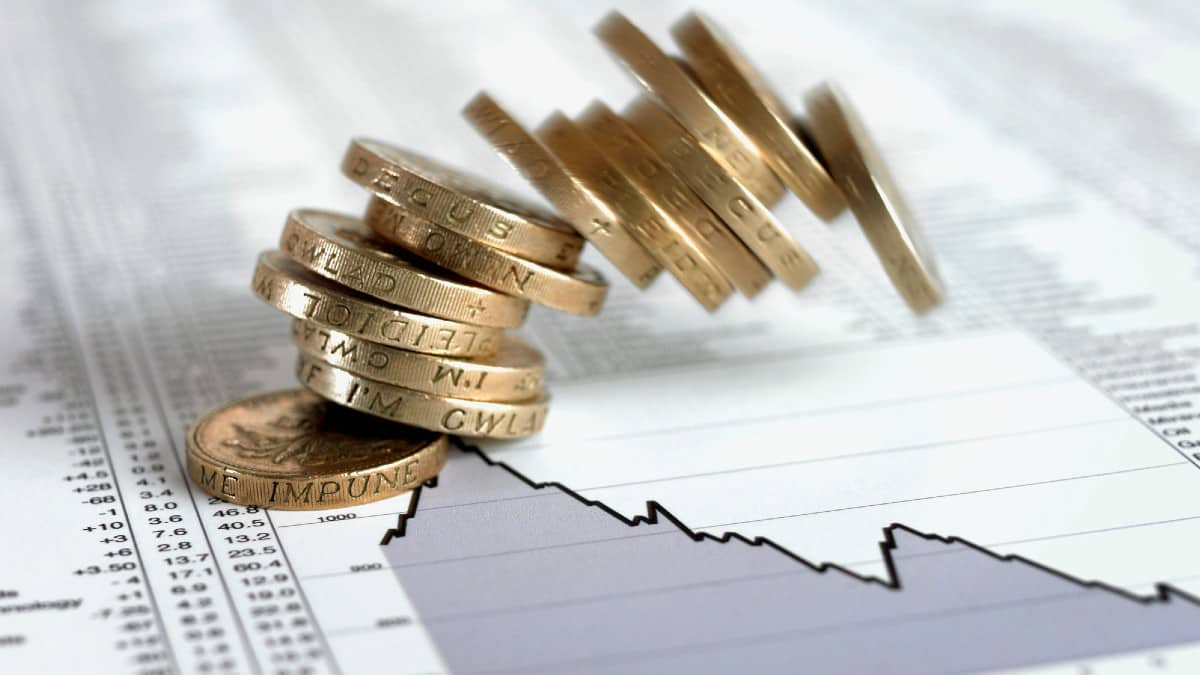In the world of financial markets, uncertainty often looms large. And as a Foolish investor, I’m naturally curious about the prospects of the stock market for the remainder of 2023.
Could there be a bullish run, or are there ominous signs of a looming crash?
Considering the historical perspective
Throughout history, the stock market has witnessed its fair share of booms and busts.
Think of the bursting of the dot-com bubble in the early 2000s or the global financial crisis of 2008. Each serves as stark reminders of the market’s unpredictability.
But while history can offer certain valuable lessons, I’m aware that each market scenario is unique and often driven by a complex interplay of factors.
Consequently, predicting market movements with absolute certainty is an impossible and futile endeavour.
Nevertheless, by examining current economic indicators and the potential catalysts for market corrections, I hope to equip myself with a better understanding of the landscape to help in making well-informed investment decisions.
The bearish case
Arguably, persistent inflationary pressures are the key source of unease among investors in relation to the potential for a market crash.
Inflation rising at an accelerated pace erodes the purchasing power of consumers and can eat into corporate profit margins.
This challenging environment creates uncertainty and volatility in the stock market.
In an effort to dampen the effect of rising costs, central banks have experienced a degree of success in raising interest rates.
However, higher interest rates increase borrowing costs for companies and individuals. And this shift in monetary policy can reduce the attractiveness of equities relative to fixed-income investments, potentially leading to a market pullback.
Finally, there’s the ongoing geopolitical uncertainty that threatens to cast a shadow over market sentiment.
All it would take is a new trade dispute or political conflict to introduce disruptions in supply chains.
Inevitably, this would introduce unpredictability into financial markets and potentially lead to a stock market crash.
The bullish case
But despite the challenges posed by the geopolitical uncertainty, the coronavirus pandemic and global supply chain disruptions, the world economy has demonstrated remarkable resilience.
To illustrate, in the UK the Office for National Statistics (ONS) recently unveiled a series of revisions for past GDP growth. The revisions demonstrated that the economy actually fared much better after the pandemic than first thought.
For example, the services sector as a whole grew by 10.9% in 2021. That’s way ahead of the previous estimate of 7%.
In my opinion, this instills a degree of confidence that the economy is not about to implode. Consequently, this reduces the likelihood of a market downturn and perhaps increases the chance of a bull run.
Furthermore, according to analysts at firms such as Goldman Sachs, UK shares are currently trading at a massive discount.
This could point to a rare opportunity to capitalise on cheap stocks before a potential stock market bull run.
Final verdict
Whether or not the stock market crashes before the end of 2023, I won’t stop seeking out undervalued shares and holding them for the long term.
History has shown that markets can be volatile and subject to unpredictable swings and corrections.
However, it has also demonstrated that patient investors often reap the rewards of their long-term mindsets in spite of short-term peaks and troughs.








